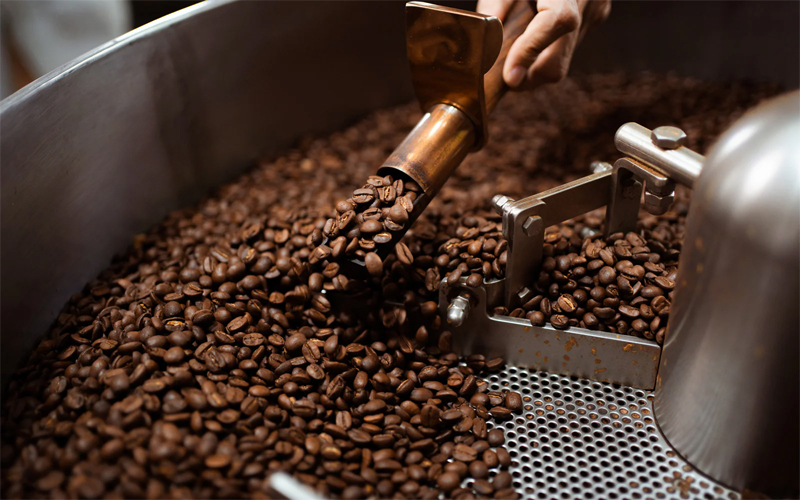The Art and Science of Coffee Roasting: Unlocking Deeper Flavors

Coffee roasting is more than just a process — it’s a delicate science that transforms raw, green coffee beans into the rich, aromatic beans we grind and brew every day. What happens inside the roaster determines everything about the flavor of your coffee, from its acidity and body to its sweetness and bitterness. It’s a careful dance of temperature, time, and chemistry, where every decision made can influence the outcome of your cup.
At its core, roasting is a heat application process, but it’s far from simple. When coffee beans are roasted, the heat triggers a series of chemical reactions known as Maillard Reaction and Caramelization, which develop the complex flavors we love. The Maillard Reaction, occurring between amino acids and sugars, creates the savory, sweet, and roasted flavors in coffee, while caramelization adds depth and sweetness.
The roasting process has several stages, from drying and browning to the first crack and second crack. Each of these phases affects the flavor profile differently. Lighter roasts typically emphasize floral, fruity, and acidic notes because they’ve been roasted for a shorter time, while darker roasts develop rich, chocolatey, and smoky flavors due to longer roasting times.
Roasters must carefully control temperature and time during each phase to bring out the unique characteristics of the beans, which can vary widely based on their origin, altitude, and processing method. A skilled roaster knows how to bring out the best in each bean, unlocking flavors that might otherwise remain hidden.
Understanding the science behind roasting can help coffee drinkers appreciate the complexity of their favorite brews. It’s not just about heat — it’s about unlocking the full potential of each bean, creating a cup that’s rich, balanced, and full of depth. Whether you prefer a light, fruity Ethiopian or a dark, smoky Sumatra, the roasting process is key to delivering a flavor experience that’s nothing short of extraordinary.
